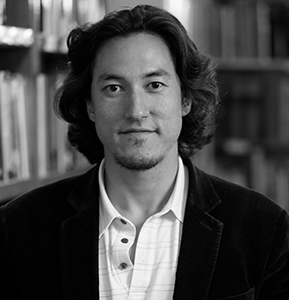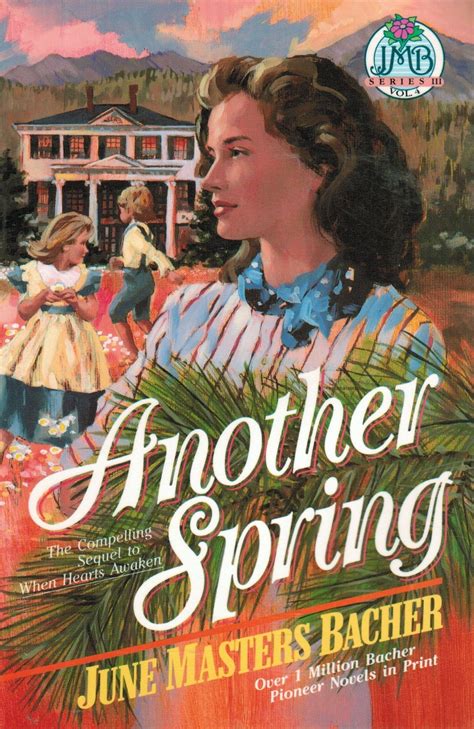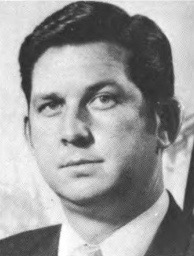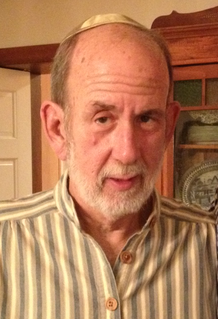A Quote by Paul K. Chappell
In order for humanity to survive in the twenty-first century and beyond, we must nurture rather than repress children's natural curiosity. We must encourage them to be curious, instead of fearful, toward other cultures.
Related Quotes
Curiosity is unknown. All adults were once kids and once curious, but as adults you don't remember that and you see curiosity when it's expressed in children as a pathway to household disaster. They're simply exploring their environment, manifesting their curiosity. So what you need to do is create an environment where curiosity is rewarded rather than punished, or thwarted.
To work in America or other places is more about curiosity, because I'm dealing with cultures and sensibilities that I don't really know. So I'm having to sort of investigate them, which I'm fascinated in, but it comes from a place of curiosity rather than a real need to get something out of my system.
We must encourage those who earn less than $200 per month and cannot afford to nurture and educate many children never to have more than two… We will regret the time lost if we do not now take the first tentative steps towards correcting a trend which can leave our society with a large number of the physically, intellectually and culturally anaemic.
Given that the nineteenth century was the century of Socialism, of Liberalism, and of Democracy, it does not necessarily follow that the twentieth century must also be a century of Socialism, Liberalism and Democracy: political doctrines pass, but humanity remains, and it may rather be expected that this will be a century of authority ... a century of Fascism. For if the nineteenth century was a century of individualism it may be expected that this will be the century of collectivism and hence the century of the State.
The lower animals, on the other hand, must have their bodily structure modified in order to survive under greatly changed conditions. They must be rendered stronger, or acquire more effective teeth or claws, in order to defend themselves from new enemies; or they must be reduced in size so as to escape detection and danger. When they migrate into a colder climate they must become clothed with thicker fur, or have their constitutions altered. If they fail to be thus modified, they will cease to exist.
[17th-century] Puritans were the first modern parents. Like many of us, they looked on their treatment of children as a test of their own self-control. Their goal was not to simply to ensure the child's duty to the family, but to help him or her make personal, individual commitments. They were the first authors to state that children must obey God rather than parents, in case of a clear conflict.
































